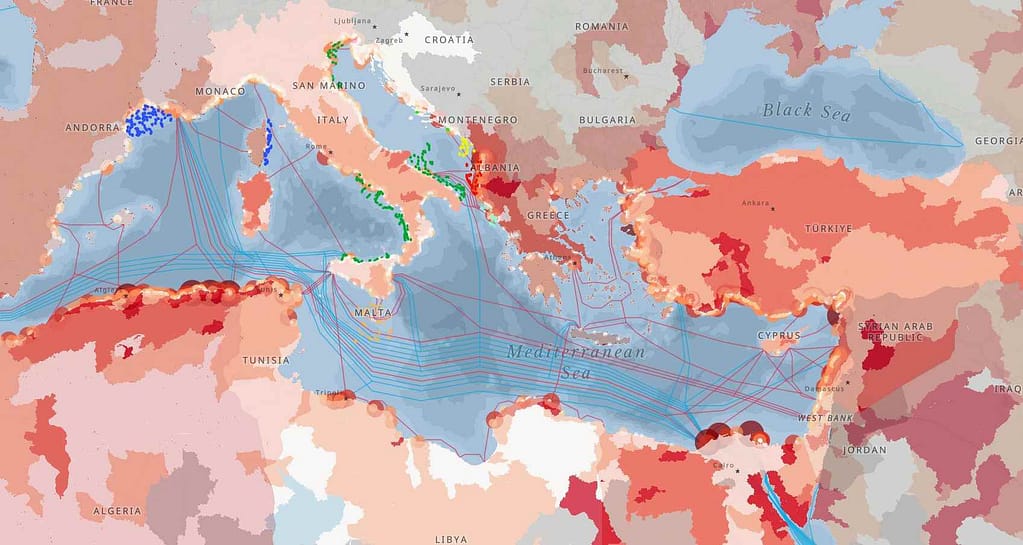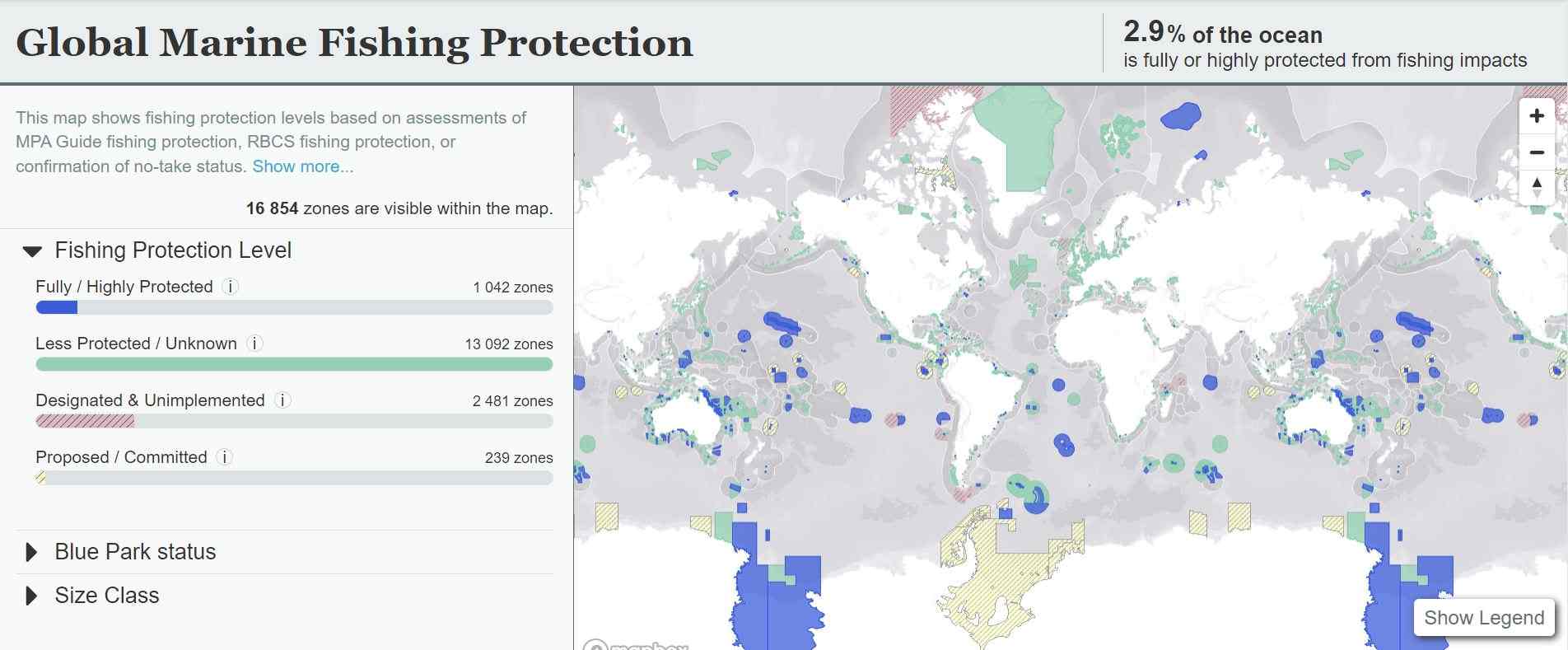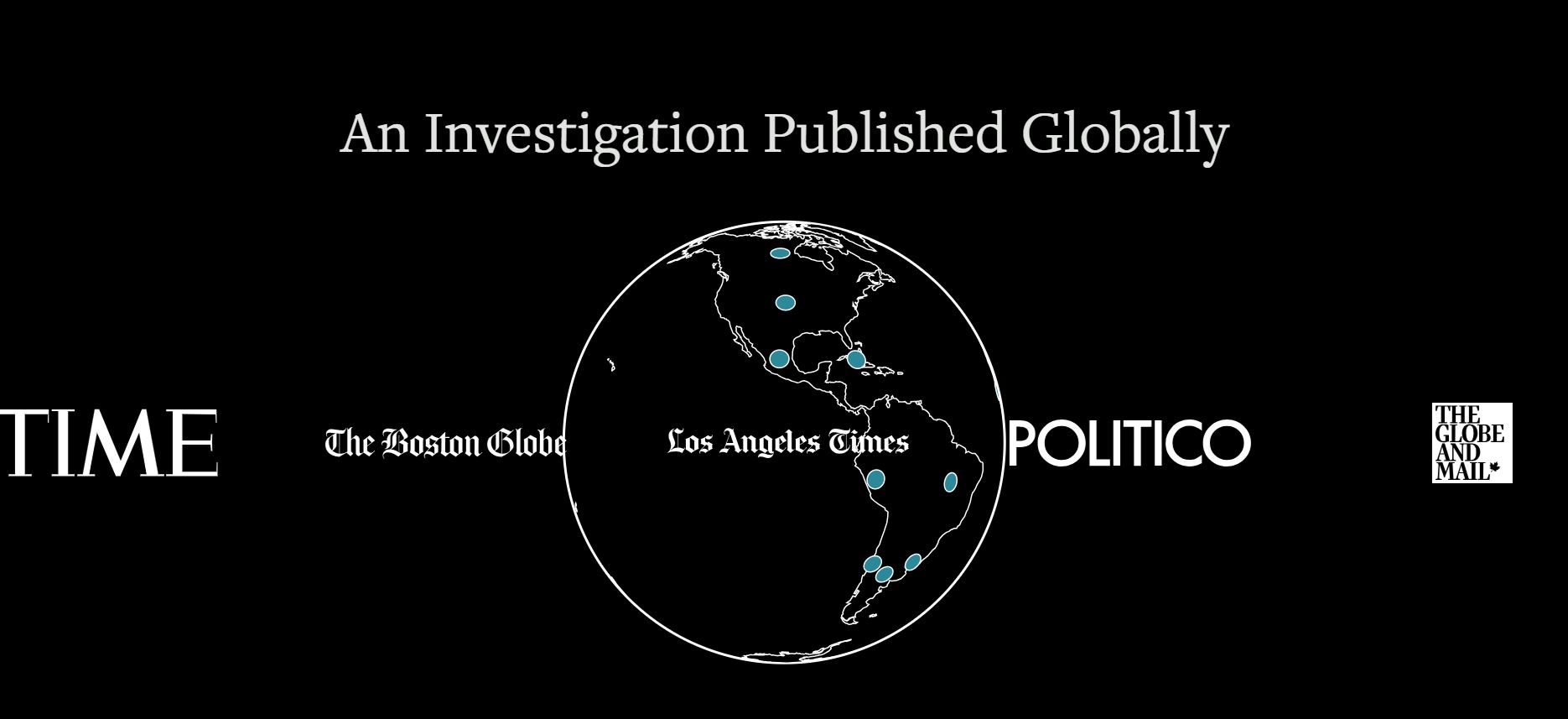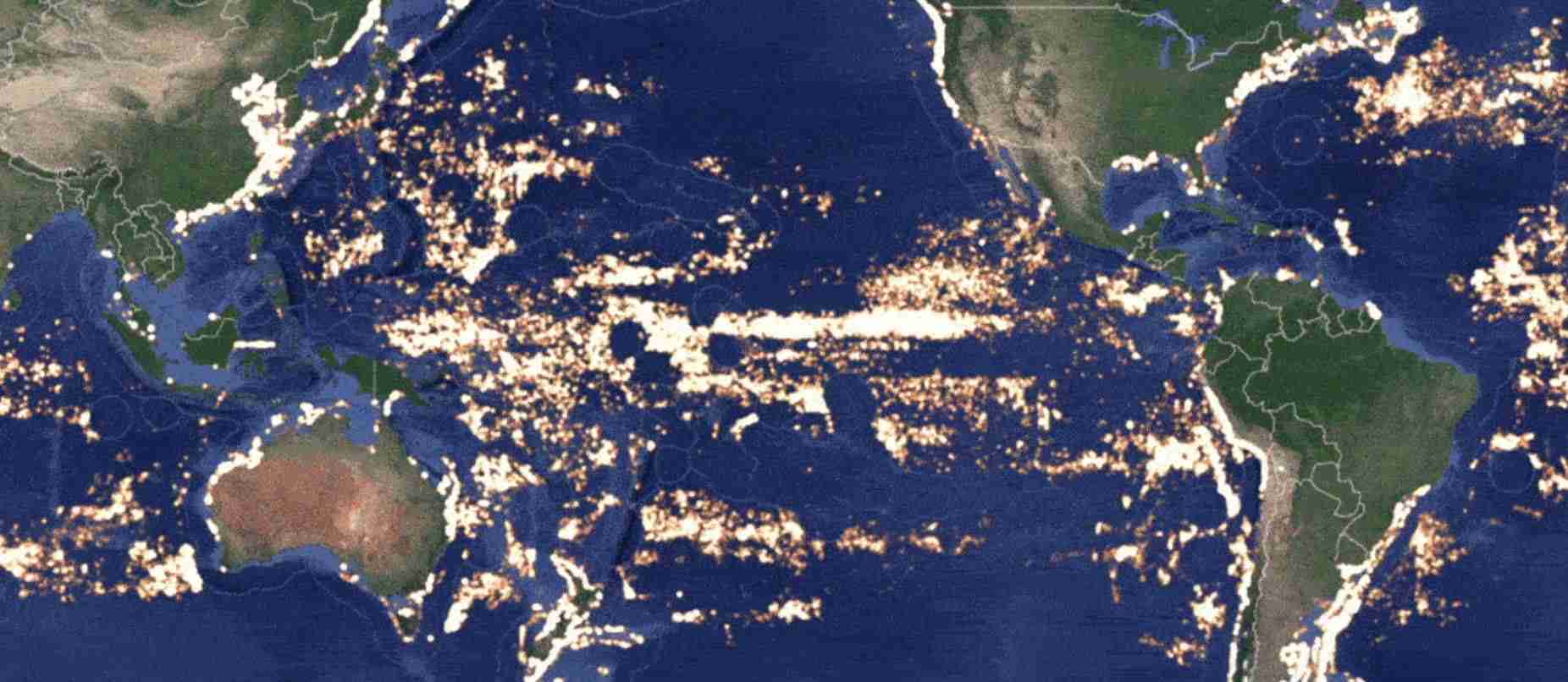The heydays are over. We need to get in line and agree on rations from the ocean for each one of us. For this we need ocean policies.
You can make your own list of how bad things are: Overfishing, plastic pollution, sea temperature rise, the death of coral reefs, noise that disorientates fish, acidification, deep sea mining and eutrophication.
When your sense of curiosity turns to depression, it’s time to let go of that list and invest your energy in a to-do list.
Not everything is going in the wrong direction. Hundreds of millions of people, governors, big cities, companies, researchers, media corporations, journalists and organizations work hard to restore marine life, respect for the ocean and our own dignity.
Global policies
In 2022 and 2023 world leaders concluded two landmark agreements. The Kunming-Montreal agreement and the High Seas Treaty. They aim to protect 30% of land and oceans by 2030 and regulate ocean industrialization.
And at COP28 in the United Arab Emirates last December, many negotiators concluded that agreeing on a much debated phrase “transitioning away from fossil fuels…” was real progress.
In addition, big data visualization is making it harder for ocean burglars. Out of sight-spots are shrinking.
Geopolitics: “Peace is the missing piece”
The climate for international cooperation is not at its best. In a world with more violent conflicts since the second world war, how will these agreements be put into practice?
Globalization has been replaced with de-risking, multiplexity, states interaction capacity and smart globalization.
UN Secretary-General António Guterres put it this way February 7. 2024, commenting on the Summit of the Future:
“The Summit of the Future is an opportunity to shape more effective and inclusive multilateralism in our increasingly multipolar world, including through the delivery of reform of international financial architecture, reform of the Security Council, meaningful youth engagement in decision making, and an emergency platform to respond to complex shocks.”
The Blue Deal
The moment you introduce the word “treaty” or “convention” into a conversation, the interest drops. You hear the word, and go “this is for the experts and right now, I have other things to worry about.” It’s like when you drive you’re not very interested in all the calculations behind making the traffic flow. Traffic rules and systems are there to get you from A to B safe and smooth.
Therefore, a “Blue deal” can perhaps trigger a stronger sense of responsibility needed without knowing too much about the technicalities behind it.
The Dutch government, UN and the EU advocate for a blue deal. Humans, fresh water and the ocean need a pact. UNCTAD says “The ocean holds vast opportunities for developing countries to build more innovative and resilient economies. But climate change, pollution and overfishing threaten those opportunities and the livelihoods of about 3 billion people who rely on the ocean for food and income.”
60 ocean policies
If you want to dig into technicalities, a starting point could be the OECD.
The UN body lists 60 policies. It covers pollution, finance, biodiversity, climate change, fisheries and aquaculture and development co-operation. From the list you can choose filters by region, country, theme and SDG.
Out the 12 policies under “climate change”, 10 address damages and sea level rise and how to manage it.
Under “marine protected areas”, you find several policies that explicitly address sustainable use of marine resources: Marine spatial planning to balance the maritime economy while protecting biodiversity. They include the EU, Norway and the Great Barrier Reef.
Under “plastic” there are 12 addressing recycling, financing and tax schemes, ban on products such as single-use plastic and waste separation.
There are no policies on deep sea mining listed. However, the EU call for an international moratorium stands. So does the business statement by 45 companies including Google, Volkswagen, BMW, Breitling, Samsung and Philips calling for a moratorium.
Put it into practice
The real time-consuming work is to look at how these policies, and the global agreements, are put into practice, funded and how progress is measured.
France and Portugal are the only countries whose national ocean strategies are aligned with the objectives of the Atlantic Action Plan. They are the only ones that truly follow the guidelines of the EU Integrated Maritime Policy.
I wonder if humanity one day will regain its deep respect for the natural world and not just think of it as a resource for our own good.
While humans waste time and energy to fight and go to war against each other, the natural world looses and suck up greenhouse gas emissions. Instead, as the most intelligent species on Earth humans should build zero emission societies together. We should protect threatened species and eco-systems, rather than acting like headless hens.
Cover photo: Summer vacation at Marina Piccola, Capri, Italy, 2023.










